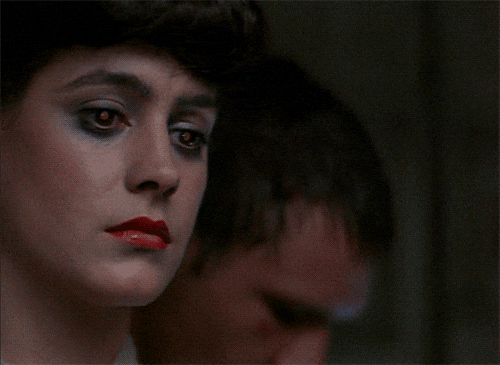The iconic science fiction film, "Blade Runner," released in 1982, has had a profound impact on our perception of technology. Directed by Ridley Scott and based on Philip K. Dick's novel Do Androids Dream of Electric Sheep?, the movie presents an eerily accurate vision of what life might be like with advanced artificial intelligence (AI) systems integrated into society.
The film's portrayal of a dystopian future where synthetic humans, or replicants, are indistinguishable from real people has sparked numerous discussions about the ethical implications and potential consequences of creating AI that can think and feel like humans. It also raises questions about our own relationship with technology - do we control it, or does it control us?
Moreover, "Blade Runner" introduced concepts such as flying cars, holographic advertisements, and voice-activated personal assistants which are now becoming a reality in the 21st century. The film's influence can be seen not only in other science fiction works but also in real-world technological advancements that continue to shape our lives today.
In conclusion, "Blade Runner" serves as both a cautionary tale and an inspiration for future innovations. Its impact on technology cannot be overstated, reminding us of the importance of responsible development while fueling our imagination towards what could be possible in the world of AI and advanced robotics.
